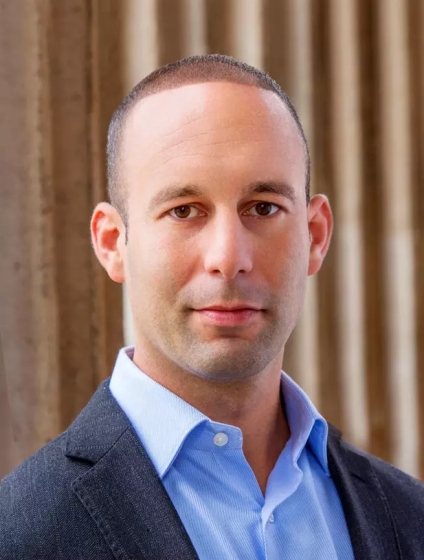Making the Invisible Visible: The Impacts of Real-Time Feedback on Indoor Air Pollution

Dr. Roth, visiting UCSB from LSE, is an applied economist that does high profile work on the impacts of pollution on health, education, and crime, as well as the design of policies that reduce pollution.
—Kyle Meng, Associate Professor, Bren School
ABSTRACT
Exposure to ambient air pollution has been shown to be detrimental to human health and has motivated many policies to reduce such pollution. However, given that humans spend 90% of their time indoors, we need to understand the degree of exposure to Indoor Air Pollution (IAP), and, if high, ways to reduce it. We design and implement a field experiment that monitors households’ IAP and then randomly allocates some households to real-time feedback on their air pollution. We find that IAP is worse than ambient pollution on average and for a large fraction of the day, especially when residents are home. We also find that the randomized feedback alone reduces IAP by 29% during occupancy time. Furthermore, we explore the mechanisms for our findings and show that people are using more natural ventilation as a result of the feedback (i.e., opening up doors and windows to the outside world). Finally, we find that the treatment leads to more accurate beliefs about exposure to IAP and we estimate the change in welfare from the introduction of the real-time feedback.
BIO
Sefi Roth is an Associate Professor of Environmental Economics at the London School of Economics (LSE) and a Visiting Scholar at UCSB. He is also the founder and co-leader of the Economics of Air Pollution (EAP) research group at the Grantham Research Institute on Climate Change and the Environment and a Research Affiliate at IZA. His research mainly concentrates on the economics of air pollution, exploring the impacts of ambient and indoor air pollution on health, human capital, crime, the housing market, and the economy more broadly.